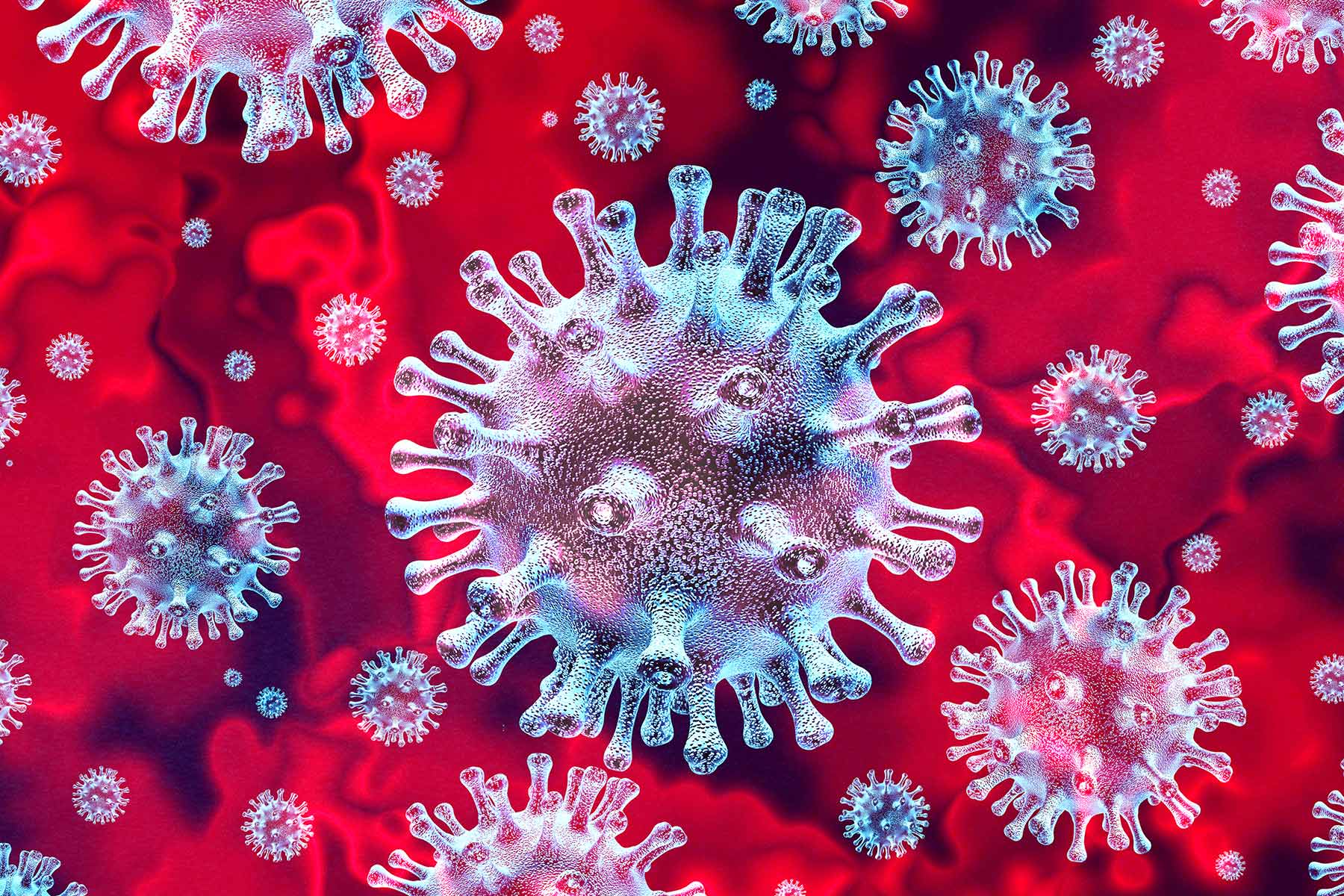The Covid-19 contagion seems to have reached the shores of Taiwan, which had successfully managed to evade the virus for well over a year. The sudden surge in Covid cases in Taiwan has alarmed the concerned agencies and authorities at the highest level. The urgency of the Tsai Ing-wen government cannot be manifested better than in the fact that the Taiwan armed forces have been deployed to sanitise the train stations.
During much of 2020, Taiwan compassionately helped countries across the world in their fight against Covid-19 by donating the essential medical supplies including masks and the Personal Protective Equipment (PPE). Taiwan even helped those countries with which it had no formal diplomatic ties. Presently, while Taiwan is doing everything possible to contain the community transmission, the fact remains that Taiwan is doing it on its own with minimum help from much of the world.
What is unwavering is the indifference of the World Health Organization (WHO), an international agency within the United Nations which is responsible for public health issues. The current situation in Taiwan makes it more important for countries and the WHO to support Taiwan and give it a seat at the international high table.
It is staggering that countries particularly those in Asia such as Japan, Singapore, Vietnam that have till now exhibited resilience and success while dealing with the pandemic are struggling to stop the spread and resorting to stricter levels of lockdown again. When the WHO has proven to be ineffective and biased with respect to Taiwan, it is pertinent that the like-minded countries opt for an inclusive approach in dealing with the pandemic. The recent developments prove it beyond doubt that the pandemic could only be dealt with collective efforts and such an approach will not be comprehensive without the inclusion and participation of Taiwan.
Varying degrees of Covid-19 vaccine efficacies strongly indicate that pandemic is here to stay for some more time. In such a situation, it is vital that the successful as well as affected countries learn from the best practices of one another. It’s time nations put the transnational health cooperation at the core of combined foreign policy agenda of the Indo-Pacific region.
To ensure Taiwan’s participation, a series of long and short-term steps must be devised. There already exists a mechanism that is led by Taiwan—the Global Cooperation and Training Framework (GCTF) including the United States and Japan. The scope of the mechanism needs to be expanded and health issues should take the centre stage. There is a need to institutionalise the mechanism with more countries participating in the GCTF. However, what has been witnessed till now is that some countries and even the European Union through their representative offices in Taiwan have participated in a few workshops and meetings in the GCTF, but no long-term and consistent interest has shown in such a potential mechanism. Rather than participating in issue-based seminars in an ad-hoc manner, major stakeholders should consider institutionalising the GCTF with wider participation where health is an important area of cooperation.
Taiwan should also seek bilateral and minilateral consultations with countries that have experience of lockdowns, and dealing with Covid-19. Free exchange of information and health knowhow should be encouraged at all levels.
Minilateral consultations with Taiwan will only prove beneficial as Taiwan has the necessary know-how to effectively deal with the post-pandemic recovery.
True, Taiwan has entered the community transmission stage of the Covid pandemic, there are no two views on the fact that Taiwan managed to curb the virus spread while keeping the economy afloat for more than a year.
A rules-based international order demands that Taiwan be given a fair opportunity to share its experiences in dealing with the Covid-19 pandemic. It must also be kept in mind that no matter whether the international community believes in “One China policy” or not, the fact remains that Taiwan does represent 23.5 million of humanity. This must be the criterion to determine whether Taiwan should be included in the WHA or kept out of the system due to apprehensions vis-à-vis China.
Delaying multilateral formal engagements with Taiwan will only embolden China’s sinister designs of isolating Taiwan further and in turn, aiding its aggression in the region. Xi Jinping’s repeated statements indicating his point that the so-called “Taiwan problem” could not be passed “from generation to generation” clearly show his policy approach with regard to Taiwan. Taiwan is facing an ever-increasing threat from Xi Jinping’s China. It is time like-minded countries got more aligned on Taiwan, and facilitated Taiwan in getting its rightful place.
Sana Hashmi is a Visiting Fellow at the Taiwan Asia Exchange Foundation (TAEF).

